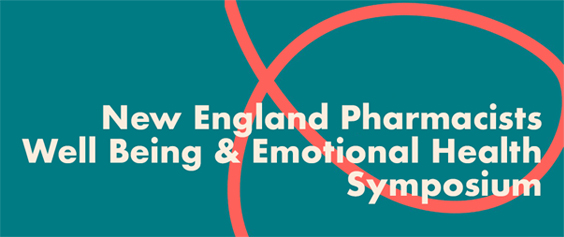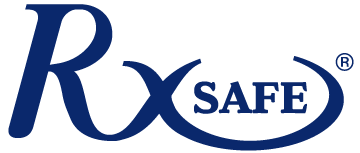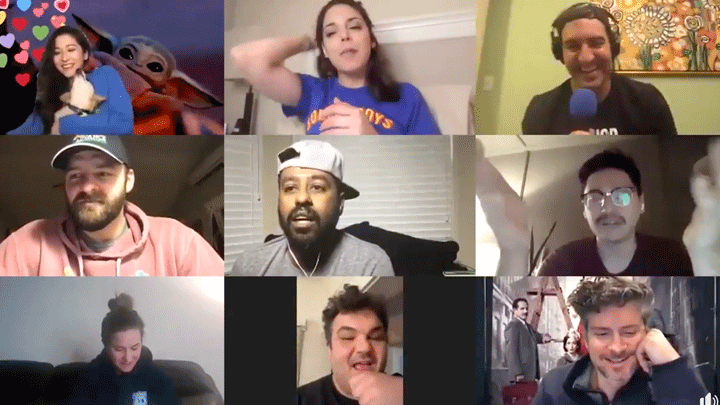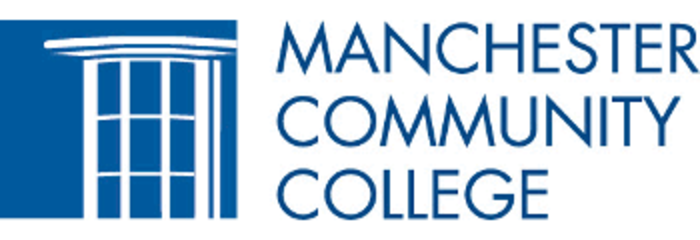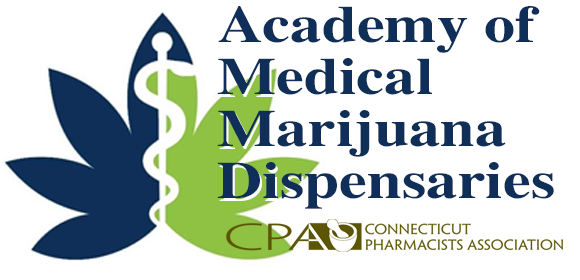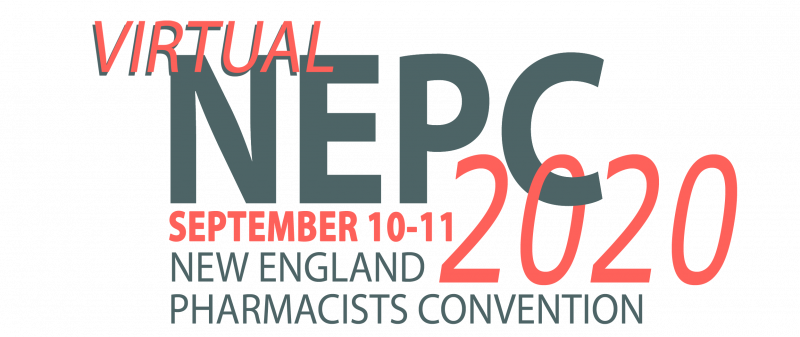
#virtualnepc
The largest pharmacist convention in the Northeast is adapting to the new social and business landscape.
Join us from anywhere via live webcast for the full convention, including the ability to ask questions and participate in all sessions, for LIVE CE credit.
Thursday, September 10
9:00-12:00
New England Pharmacists Well Being and Emotional Health Symposium
(separate registration fee–click here for more information)
9am: FOCUS on TECHNICIANS
Lessons Learned from COVID-19: Achieving Technician Resilience to Improve Patient Safety & Workplace Well-Being
PANEL
Erin Smith, CPhT, Pharmacy Technician Supervisor, Medication Reconciliation Team, Boston Medical Center
Jennifer Sagar, CPhT, Medication History Technician, Yale New Haven Hospital
Cliff Sweeney, CPhT, Petricone’s Pharmacy, Torrington, CT
10am: FOCUS on Residents
Rx, Rotations, Residency… and Resilience? Wellness and Resilience Strategies for Pharmacy Trainees
Megan Carr, PharmD, BCPS, BCGP
Geriatrics Clinical Pharmacy Specialist, Acute Care for the Elderly (ACE) Unit Pharmacist, Baystate Medical Center
11am: FOCUS on RESILIENCE
Journey to a Resilient and Thriving Pharmacy Workforce
Anna Dopp, PharmD
Senior Director, Clinical Guidelines and Quality Improvement Center on Medication Safety and Quality, ASHP
12:00-1:00 Lunch Break
1:00-2:00
Advances in the Treatment of Crohn’s Disease and Ulcerative Colitis
Peter Buch, MD, AGAF, FACP, Associate Clinical Professor, University of Connecticut School of Medicine, and the Frank H. Netter School of Medicine/Quinnipiac University
At the completion of this activity, the participant will be able to:
- Distinguish Crohn’s Disease from Ulcerative Colitis.
- Distinguish the above disease entities from Irritable Bowel Syndrome.
- Define the workup for Crohn’s Disease and Ulcerative Colitis.
- Identify the various treatments.
- Select which is the best treatment for each patient.
- Recognize controversies in treatment.
- Identify how pharmacists may assist clinicians in the care of Crohn’s Disease and Ulcerative Colitis.
UAN: 0106-0000-20-055-L01-P, 0106-0000-20-055-L01-T
1 contact hour (0.1 CEUs)
2:00-3:00
FDA Recommendations for COVID-19 Vaccine Development
Commander (CDR) Paul C. Mouris, PharmD, MS, Food and Drug Administration (FDA)
At the completion of this activity, the participant will be able to:
- Describe how vaccines work to protect the body from disease.
- Identify the realistic expectations for a safe and effective vaccine.
- Recall the phases of vaccine development and the main purpose of each phase, including special considerations for a COVID-19 vaccine.
- Outline the goals and structure of Operation Warp Speed (OWS), as well as the 4 fast track focus areas of NIH’s Accelerating COVID-19 Therapeutic Interventions and Vaccines (ACTIV) program.
- Describe the potential role of Accelerated Approval and Emergency Use Authorization (EUA) for COVID-19 Vaccine Candidates.
- List 5 of the leading COVID-19 vaccine candidates currently being developed and briefly describe the type of each vaccine candidate (based only on publicly available information).
UAN: 0106-0000-20-062-L06-P, 0106-0000-20-062-L06-T
1 contact hour (0.1 CEUs)
3:00-3:15 Coffee Break
3:15-4:15
There Seems to be a Mistake With My Prescription: Current Safety Challenges Facing Community Pharmacy
Michael Gaunt, PharmD, Medication Safety Analyst and Editor, Institute for Safe Medication Practices (ISMP)
At the completion of this activity, the participant will be able to:
- Identify current medication safety risks facing community pharmacy.
- Describe at-risk behaviors and workarounds introducing risk in community pharmacies.
- Describe common mistakes to avoid when responding to a medication error.
- Select appropriate strategies to reduce the risk of error and patient harm.
UAN: 0106-0000-20-056-L05-P, 0106-0000-20-056-L05-T
1 contact hour (0.1 CEUs)
4:15-5:15
Law CE: Pharmacy in New England: A Public Policy Update
Jean Cronin, Hughes & Cronin Public Affairs
At the completion of this activity, the participant will be able to:
1. Recall key pharmacy issues that were part of the Connecticut General Assembly’s 2020 Legislative Session agenda, and the impact the COVID-19 pandemic had on these issues.
2. Describe the executive orders issued by Connecticut and other states in the Northeast that affected pharmacists’ scope of practice during the COVID-19 pandemic, such as the authority to administer COVID-19 testing.
3. Discuss key legislation that Connecticut lawmakers passed during the special legislative session held in July, including the insulin and telehealth bills.
4. Compare and contrast pharmacists’ authority to administer COVID-19 vaccines in Connecticut with that in other nearby states, including New York and New Hampshire.
UAN: 0106-0000-20-065-L03-P, 0106-0000-20-065-L03-T
1 contact hour (0.1 CEUs)
5:30-6:30
Virtual Happy Hour
Friday, September 11
9:00-10:00
Keynote Address
Sponsored by

Miss America 2020
CAMILLE SCHRIER
10:00-11:00
Fentanyl and Beyond: Ensuring a Safe Drug Pipeline
Shabbir Safdar, Executive Director, Partnership for Safe Medicines
At the completion of this activity, the participant will be able to:
- Describe three recent incidents of counterfeits in America and how they reached patients through a break in the secure supply chain.
- Describe the information an investigator can learn from studying the Track and Trace records in the current pharmaceutical supply chain to research pharmaceutical crime.
- List examples of how black market distributors circumvent the supply chain protections and what measures they are capable of.
- List the warning signs of a counterfeit distributor or counterfeit medication.
- Identify the risks to the patient, pharmacist, and pharmacy of handling suspect medications.
- Recognize how to talk to patients about the risk of circumventing the secure supply chain and how to save money safely on medications.
- Identify which state entity issues pharmaceutical wholesale licenses and how to check those licenses
UAN: 0106-0000-20-061-L05-P, 0106-0000-20-061-L05-T
1 contact hour (0.1 CEUs)
11:00-12:00
Pharmacy at the Supreme Court: Rutledge v PCMA
Mustafa Hersi, Vice President and General Counsel, NCPA
At the completion of this activity, the participant will be able to:
1. Define federal preemption and recall the Employee Retirement Act of 1974 (ERISA).
2. Discuss the history of the court case Rutledge v. PCMA and the goal of Arkansas’ statute, Act 900.
3. Discuss how Rutledge v. PCMA emerged as a U.S. Supreme Court case and its implications for PBM regulations in other states.
UAN: 0106-0000-20-068-L03-P; 0106-0000-20-068-L03-T
1 contact hour (0.1 CEUs)
12:00-1:00 Lunch Break
1:00-5:00
Concurrent Tracks
TRACK 1
COVID-19, Asthma, and Respiratory Disease
1pm: Easy Breathing: Pharmacists Improving Asthma Management
Shusen Sun, PharmD, Clinical Associate Professor of Pharmacy Practice of Western New England University
At the completion of this activity, the participant will be able to:
Cancel
- Discuss the variability in asthma control as a function of it being an inflammatory disease and its classification into domains of control
- Review the NHLBI Asthma Guidelines and GINA Recommendations focusing on appropriate use and limitations of pharmacologic interventions with a focus on severe asthma.
- Identify the role that therapeutic monoclonal antibodies can play in the management of severe asthma.
- Describe how pharmacists can be involved in helping manage asthma for better patient outcomes.
UAN: 0106-0000-20-057-L01-P, 0106-0000-20-057-L01-T
0.75 contact hours (0.075 CEUs)
2pm: Take My Breath Away: GOLD Guideline Updates
Tamara Malm, PharmD, MPH, BCPS, Assistant Professor of Pharmacy, USJ School of Pharmacy
This program is supported in part by independent medical educational grants from Mylan Specialty L.P and AstraZeneca.
At the completion of this activity, the participant will be able to:Describe the pathophysiology of COPD.
- Describe the pathophysiology of COPD.
- Discuss treatment modalities in accordance with 2020 GOLD guidelines.
- Identify Alpha-1 Antitrypsin Deficiency’s influence on COPD and how it’s managed.
- Describe the role community pharmacists have in improving outcomes for COPD patients.
UAN: 0106-0000-20-058-L01-P, 0106-0000-20-058-L01-T
0.75 contact hours (0.075 CEUs)
3pm: Update on COVID-19: Memory Immunity and Effects on the Respiratory System
Doreen Szollosi, PhD, Associate Professor in the Department of Pharmaceutical Sciences, USJ School of Pharmacy
At the completion of this activity, the participant will be able to:
- Describe the viral life cycle of SARS-CoV-2, including potential drug targets.
- Discuss the adaptive immune response to SARS-CoV-2, including memory immunity.
- Discuss the effects of SARS-CoV-2 on the respiratory system.
- Identify implications of COVID-19 infection in patients with COPD and asthma
UAN: 0106-0000-20-059-L01-P, 0106-0000-20-059-L01-T
0.75 contact hours (0.075 CEUs)
4pm: Panel Discussion: Advancing the Role of Pharmacists in the Treatment & Management of Respiratory Diseases
Moderator: Ellen Jones, PharmD, Associate Chief of Clinical Pharmacy Services, Central Western Massachusetts VA Healthcare System
At the completion of this activity, the participant will be able to:
1. Discuss the opportunities and challenges for pharmacists to improve outcomes for patients with COPD and asthma.
2. Discuss how the pharmacist can be a reliable source of accurate, evidence- based information about SARS CoV 2 and medications to combat this virus.
3. Explain the role pharmacists can play in counseling patients with asthma and COPD during the COVID-19 pandemic.
UAN: 0106-0000-20-066-L01-P; 0106-0000-20-066-L01-T
0.75 contact hours (0.075 CEUs)
TRACK 2
Medical Cannabis
1pm: Medical Marijuana in Oncology
Jessica LeClair, PharmD, MBA, Clinical Oncology Pharmacist, Smilow Cancer Hospital
At the completion of this activity, the participant will be able to:
- Describe the evidence-based literature that supports the use of medical marijuana in cancer patients experiencing pain, chemotherapy-induced nausea and vomiting, anorexia, seizures, or sleep disorders.
- Review available formulations and routes of administration of medical marijuana in cancer patients.
- Identify potential adverse effects of medical marijuana in cancer patients.
UAN: 0106-0000-20-060-L01-P, 0106-0000-20-060-L01-T
0.75 contact hours (0.075 CEUs)
2pm: Old Book, New Look: The Fine Tuning of Ancient Plant—A Focus on its Use and Basis in Treating Pain and Inflammation
Corey Burchman, MD, Chief Medical Officer, Acreage Holdings
At the completion of this activity, the participant will be able to:
1. Review the brief history of cannabis as medicine.
2. Discuss the physiology of the endo cannabinoids system.
3. Review the neuro pharmacology of pain.
4. Discuss the physiology of inflammation from a molecular level.
5. Examine the intersection of pain and inflammation as it relates to cannabinoids therapy.
6. Describe some clinical aspects of pain and inflammation and how cannabinoids are therapeutically applied.
UAN: 0106-0000-20-063-L01-P, 0106-0000-20-063-L01-T
0.75 contact hours (0.075 CEUs)
3pm: Medical Marijuana Past, Present, Future and New Laws
Rod Marriott, PharmD
Director, Drug Control Division, CT Dept of Consumer Protection
At the completion of this activity, the participant will be able to:
1. Explain the past, present and future of the medical marijuana program.
2. Review electronic prescribing of controlled substances and Public Act 20-2 regarding the transfer of electronic controlled substance prescription.
3. Review Public Act 20-4 An Act Concerning Diabetes and High Deductible Health Plans and how it affects pharmacy in Connecticut.
UAN: 0106-0000-20-064-L03-P; 0106-0000-20-064-L03-T
4pm: Panel Discussion: Filling the Gap: How Pharmacists Can Expand Their Knowledge & Application of Medical Cannabis As Drug Therapy for Cancer, Pain and Inflammation
Moderator: Eric Halpern, PharmD, pharmacist, Fine Fettle Dispensary, Newington, CT
At the completion of this activity, the participant will be able to:
1. Discuss the history and future of the Connecticut Medical Marijuana Program.
2. Explain the role of cannabinoids in the treatment of pain and inflammation as well as cancer, and how pharmacists can identify proper utilization for cannabinoid therapeutics in cancer and pain/inflammation.
3. Discuss how pharmacists can use evidence-based knowledge to properly counsel patients with cancer and pain while communicating adverse effects of medical marijuana.
UAN: 0106-0000-20-067-L01-P; 0106-0000-20-067-L01-T
0.75 contact hours (0.075 CEUs)
5:00 Conference Concludes
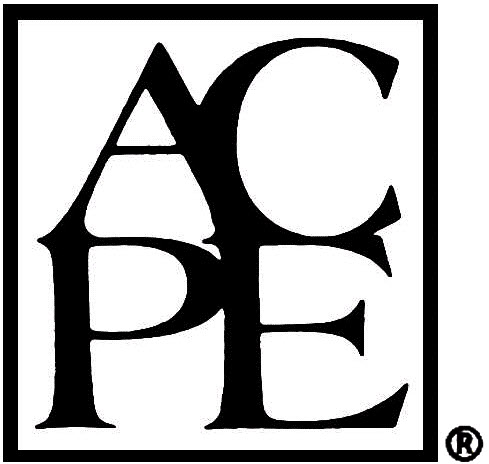
The Connecticut Pharmacists Association is accredited by the Accreditation Council for Pharmacy Education as a provider of continuing pharmacy education. Pharmacists and pharmacy technicians in attendance who complete an evaluation will receive up to 12 contact hours of CPE credit (1.2 CEUs). ACPE numbers for these knowledge-based programs are listed with their respective programs. Statements of credit will be uploaded to CPE monitor on the NABP website, where you can print your credits for your profile.
SPONSORS AND EXHIBITORS




